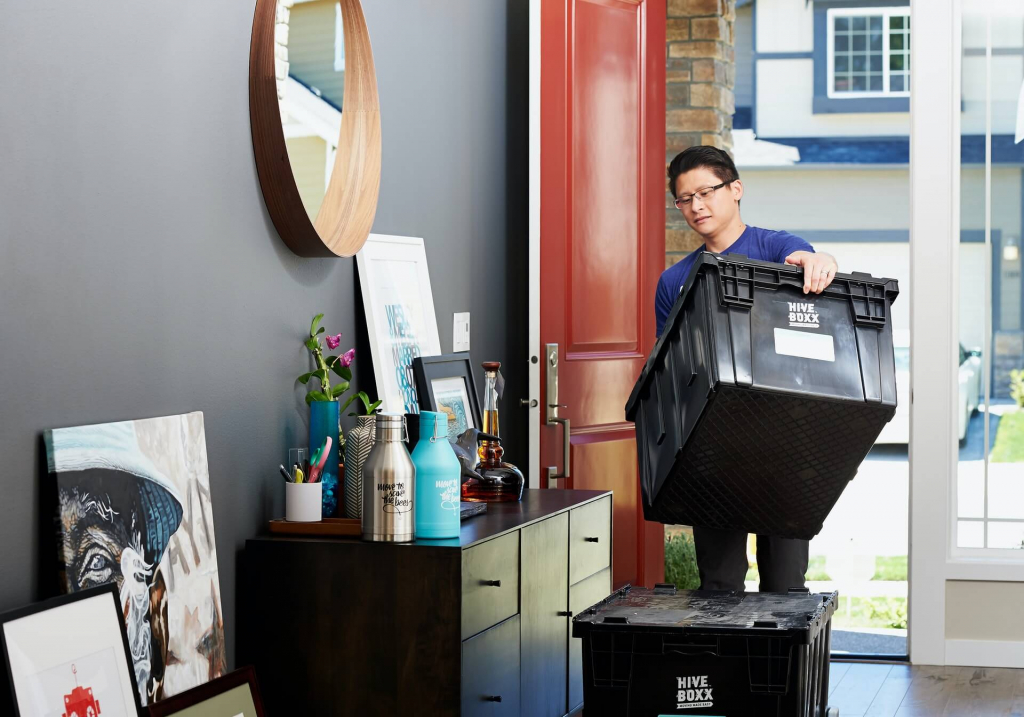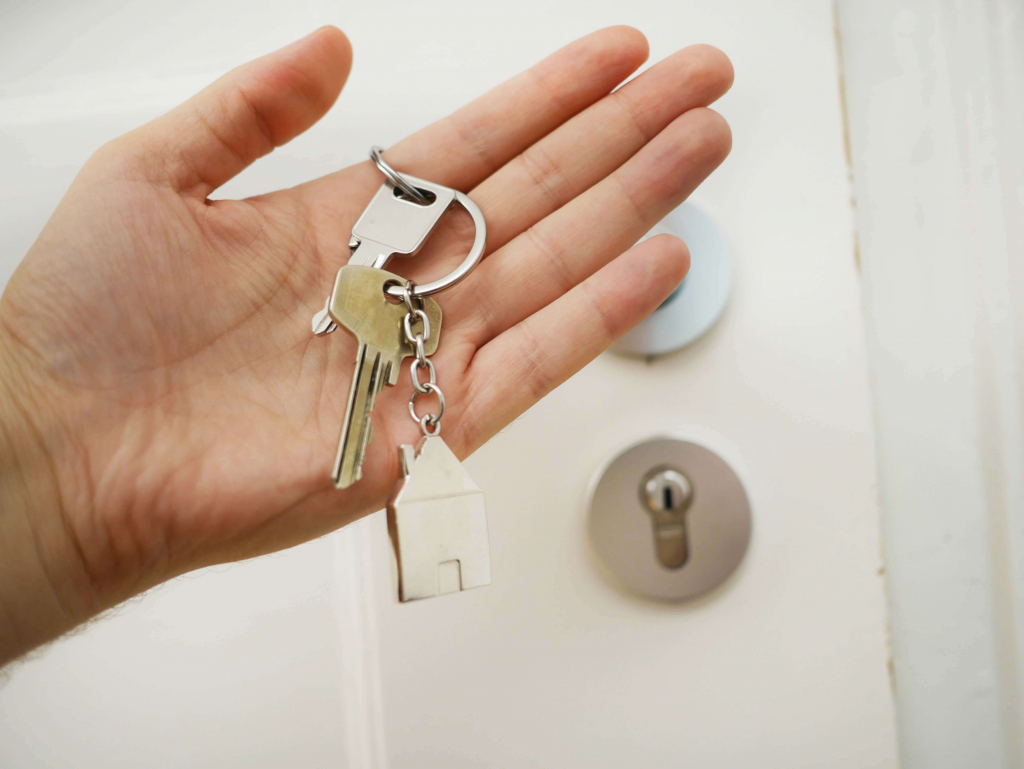Once your tenants move in, they are likely to treat your property as their own home. They might make a few changes to the decor or add a few things that they prefer. As long as they let you know, it is not a problem, right?
Since they will treat your property as their own home, it will not come as a surprise that they will invite guests over. They are allowed to have people visit, but it becomes a problem when they stay longer than expected.
Tenant or Guest?
A tenant is a person paying you to rent out your property. Their name is on the contract and they went through the usual process of selection. They are responsible for upholding their end of the lease agreement. They pay the rent, take care of the property, and follow the rules you set on the lease. Some can also be considered as a tenant if they are also paying rent, even if their name is not on the contract.
A guest, however, is someone who stays over from time to time or comes over for dinner. They might stay for a few days and come back again after a few weeks. They do not pay rent and are not obligated to follow the policies stated in the agreement.

The other kind of guests is the ones you would not want in your property. They are usually called squatters and they tend to occupy vacant homes or units. You should always check up on your properties even though they are unoccupied to ensure that this will not happen.
Telltale signs that a guest has taken up residency:
They pay rent
If they start paying rent, you should expect that they are planning to stay for a long time. They can be considered tenants if this happens. It is a form of informal agreement.
Their mailing address is your property
The mail usually comes after a few days and sometimes even weeks. If the guest starts addressing their mails to your property, it is an indication that they will be staying for a while.

Personal belongings
Guests do not bring in and leave their personal belongings if they are just staying for a few nights. If you see guests bringing in more of their things than normal, suspect that they have moved in.
Spends the night
A few out of town guests may spend a few nights over and that is normal. What’s not normal is when they spend every night for more than just a few days. You can easily check this through the security cameras. You can track the time they go in and out of the property. You can also check if their cars have never left the parking lot for the night.
They have a key
Tenants will not give guests a key if they are just visiting. Guests who have a house key are those that they allow going to their property anytime. Duplicating keys without your permission must be considered a lease violation. In the case of keypad locks, giving lock codes to non-tenants should also be prohibited.

If you notice these signs, it means that you now have a guest that turned into a tenant. But some guests will not necessarily be considered a tenant even if they are around often. Examples of these are:
- Students who visit during their summer break.
- Family or friends who come over to help a tenant who needs assistance (e.g. mothers who just gave birth or tenants with medical conditions).
- Your tenant’s boyfriend or girlfriend, who would occasionally spend the night.
How do you address this certain predicament?
The best way to deal with this is to make a tenant guest policy that will set some ground rules about tenant guests. This will help avoid long-term guests from becoming permanent residents. These are the things that you should include:
- Specify the maximum number of occupants in a unit.
- Indicate the maximum number of days a guest is allowed to stay within a given period.
- Specify the type of guests allowed in the property (family, relatives, and friends). This will help you avoid any subletters occupying the unit.
- The consequences the tenants will face if they do not abide by the rules.

As much as possible, your guest policy must be included in the initial discussion with rental applicants, so that tenants who are fond of bringing visitors to their home will be aware of your rules. Publish your listing on Padleads where interested home hunters can directly contact you so that it’s easier for you to bring the subject up even before the initial screening process.